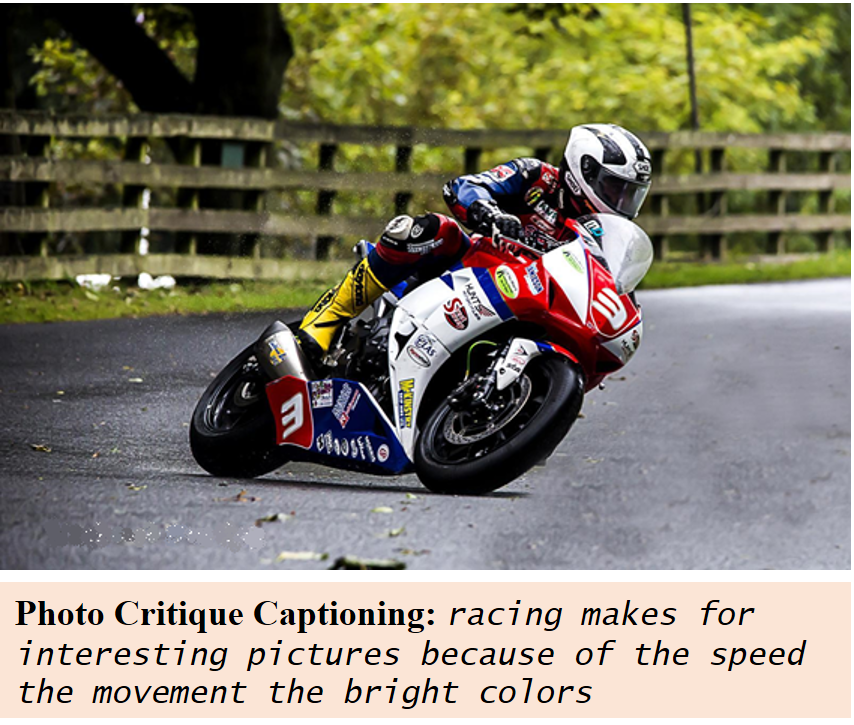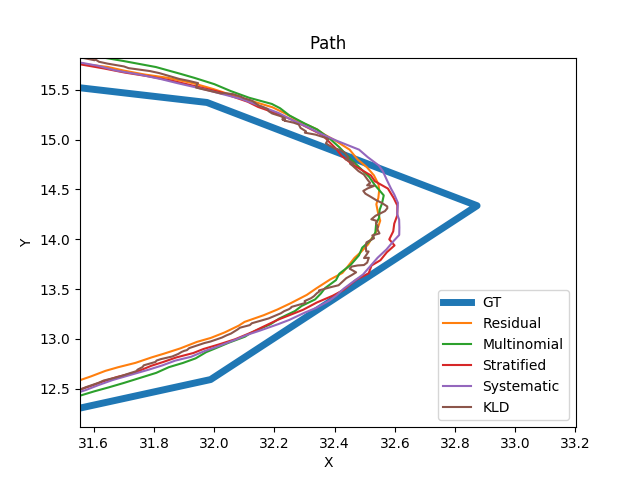
Programming Languages
C/C++, Python, Java, Matlab, Html, Javascript
I'm a master student studying Electrical and Computer Engineering at University of Washington.
My interests lies in solving real-world problems related to Robotics and Artificial Intelligence.
In particular, I am interested in understanding the way people perceive and interact with various data, and finding ways to harness the tools of machine learning to enable machines to solve complicated tasks.
C/C++, Python, Java, Matlab, Html, Javascript
Qt, OpenCV, Point Cloud Library (PCL), ROS,
scikit-learn, Caffe, pyTorch, Tensorflow

